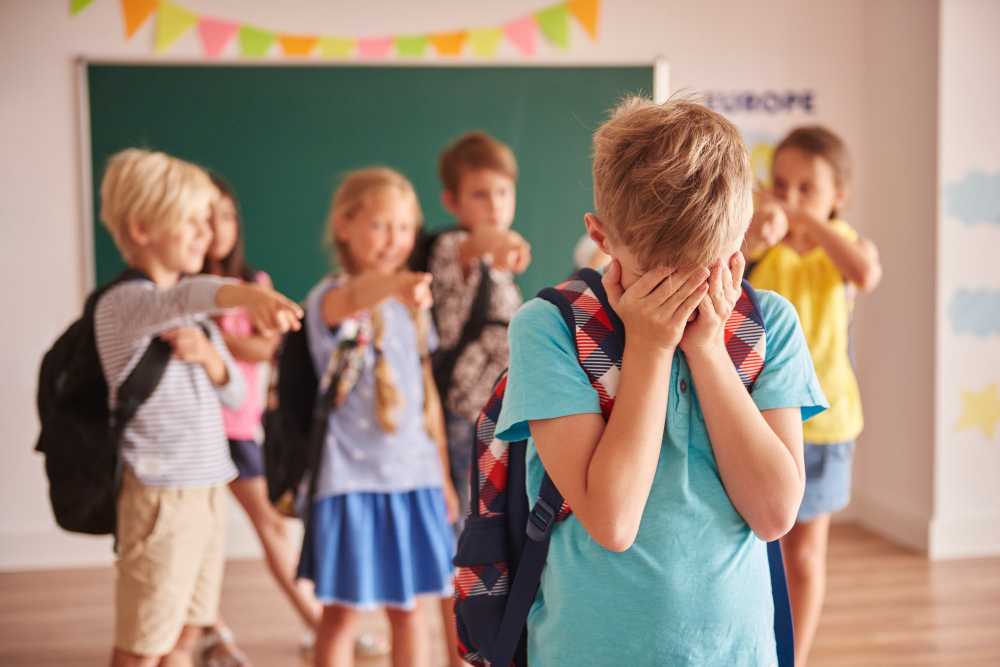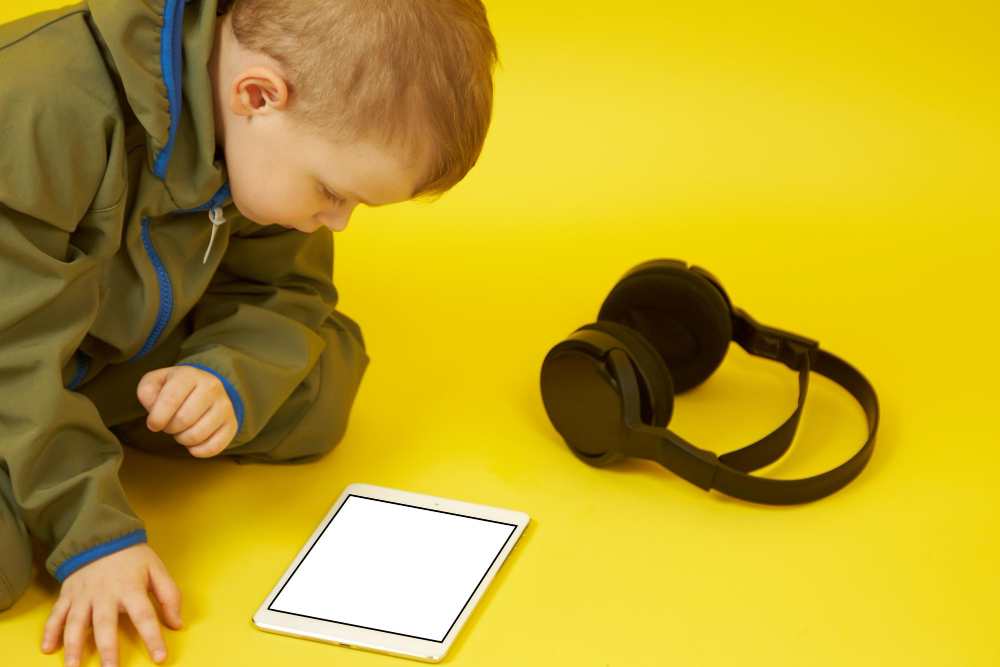As kids grow up, from the toddler age to the preschool age to the elementary school age, they learn many new things in their journey. They grab a whole lot of knowledge from the schools and the books. But as a parent, you know that only knowledge and education do not develop a child’s personality; with knowledge and education, your child will need to have social skills that will complete their strong personality and be presentable in front of the world. So, as a parent, if you are looking for basic social skills that every child should have, even at the age of 4 to 5 years, you are reading the correct article.
Here are 15 basic social skills for kids and how as a parent, you can help your child to develop them –
- Sharing – This is one of the most important social skills. When your child knows the importance of sharing, they adopt the values of being a kind and generous person. You can start teaching your child these skills in many ways. For example, tell them to share their food with their classmates, share the games and toys with their friends, cousins, or siblings. The more your kid is open to sharing, the more generous nature they will have.
- Cooperating – This skill will be with your child for life long. You need to teach your kid to cooperate with everyone, listen to everyone, have a discussion, and be a person who is not hard to work with. You can teach this skill at home by asking your child to help you with house chores and cooperate with you in kitchen work. Have a conversation with them about teamwork and cooperation.
- Listening – Good listener is one of the top qualities anyone can have. Listening does not mean that the person needs to be quiet the whole time; it means that the person needs to listen to the conversation thoroughly, understand it, and then have further conversation. Listening will excel your kids in studies as well as in real life. You can teach them this by not allowing them to interrupt whenever you are having a conversation and teaching them the importance of listening.
- Instructions – your child should know how to follow instructions. This will develop their ethics and manners and help them cooperate with others. Instructions bind with cooperation and listening. You can teach your child to follow instructions by setting some rules in the house, and whenever they do not obey, you can have a calm conversation with them and make them understand how they should follow directions which are good for them.
- Eye contact – This is one of the great skills a child can acquire, which will lead them to have a strong personality. When people have a conversation with eye contact, it shows their confidence, and the other person also knows that the person is interested in the conversation. You can teach this to your child by observing whether they are looking at you or not while having any conversation. You can also hold public speaking sessions at home where they need to tell you stories while making eye contact.
- Manners – This thing is important and useful for life long. Manners define a person’s lifestyle, personality, and sophistication. You can teach your kids to have manners from the age of 2 to 3 years. Table manners, respect for others, using the word yes, please, sorry, thank you, etc., are some important manners every kid should have. If your kid sees you talking to everybody with respect and manners, they will copy it. You’re the best teacher for your kid to teach how to have manners.
- Patience – Patience helps your child to be in a calm and peaceful space. You can teach your child to be patient whenever they are impulsive to decide or by small things such as when they hurry you to give them food or make a mess when they do not get their toys or any other thing.
- Empathy – Empathy is a skill that will help your kids to realize other people’s feelings and understand their situations. This will make your child considerate of other people’s feelings. For example, you can teach your kid to empathize; if they see any of their friends or other kids crying, tell your kid to go talk to that person and empathize with them.
- Expressing emotions – Your child may be introverted, but they should not get suffocated with their feelings and thoughts in this process. Your child should know that expressing emotions will let the other person know what they are feeling and will help themselves too, as they will not suffocate when the emotions are open. If you see your child stressed, tell them to have a conversation with you and express their emotions.
- Control – Kids are known to be stubborn about the things they want. They want everything which fascinates them and does not have self-control. So you must teach your kid to have self-control and know how to calm themselves when they cannot get something. They should know how to control themselves in any aspect of life. So whenever the next time you are out shopping and your kid is stubborn to get a toy, even if you can buy it, denies them to not buy it and tell them to have self-control.
- Volunteering – Volunteering or being a good sport is a fun skill and helps your kid socialize. This will help your child take part in every activity and help them experience many things. Teach this skill by convincing them to participate in most school activities.
- Handling emotions – Teaching your kids to handle their emotions in public is important. So the next time you find your kid creating a mess in public or crying, the public does not say that your kid is plain notorious or stubborn; instead, teach them to handle their emotions and be disciplined.
- Respecting private space – Kids can be clingy without even realizing it. You can teach them this whenever they interrupt you; tell them not to if you are having a conversation with anybody else and they are not letting you talk with the third person.
- Greetings – Teach your child to greet everyone when they see and have small talk or a conversation; this will boost their social skills.
- Apologies – Teach your kids to apologize for their mistakes as soon as they realize it.
These were some of the skills which every kid should have.
![]()











